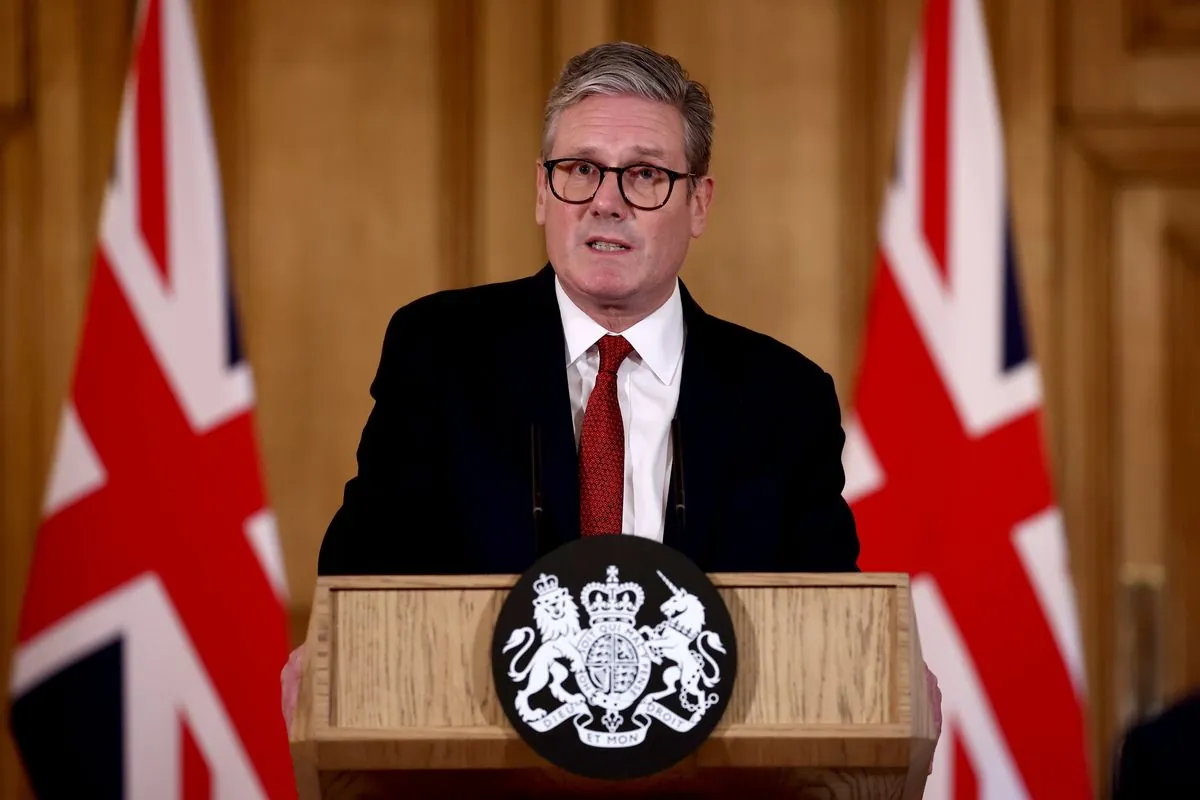In the wake of recent riots across the UK, a contentious debate has erupted between Elon Musk and British government officials over the role of social media in fueling unrest. The disturbances, which began approximately one week ago, have spread to at least 15 cities, marking the most extensive disorder in Britain since the 2011 riots.
The unrest was triggered by a tragic incident in Southport, England, where three young girls were fatally stabbed at a Taylor Swift-themed dance class. Misinformation about the suspect's background, amplified by far-right figures online, led to widespread anti-immigrant demonstrations.
Elon Musk, owner of the social media platform X (formerly Twitter), has come under scrutiny for his platform's role in spreading false information. Musk has adopted a combative stance, sharing riot footage and making controversial statements on X. He declared "civil war is inevitable" and criticized the British government's approach to policing speech versus protecting communities.
In response, Heidi Alexander, the courts minister, condemned Musk's remarks as "totally unjustifiable" and "deplorable," emphasizing the need for calm given his influential platform.
Keir Starmer, the new Prime Minister, has put social media companies on notice, stating that "violent disorder clearly whipped up online" is a crime occurring on their premises. Peter Kyle, Britain's technology secretary, met with representatives from TikTok, Meta, Google, and X to emphasize their responsibility in curbing the spread of hateful misinformation.
Musk, however, has turned the criticism back on the government. He referred to Starmer as "two-tier Keir," echoing allegations of unequal policing practices. Musk also questioned whether Britain was becoming like the Soviet Union in response to reports of arrests for offensive online comments.
Yvette Cooper, Britain's home secretary, described social media platforms as a "rocket booster" for disinformation. She announced plans to address the issue with tech companies and stated that police would pursue "online criminality."
The government's ability to regulate online content is currently limited. The UK's Online Safety Act, which will require platforms to take action against illegal content, is not set to come into full effect until early 2025. Unlike the European Union's Digital Services Act, which is already in force, the UK no longer benefits from EU regulations following Brexit in 2020.
"Social media platforms have acted as a rocket booster under some of the disinformation."
As the situation unfolds, the debate highlights the complex challenges of balancing free speech, public safety, and the responsibility of social media platforms in an increasingly digital world.
